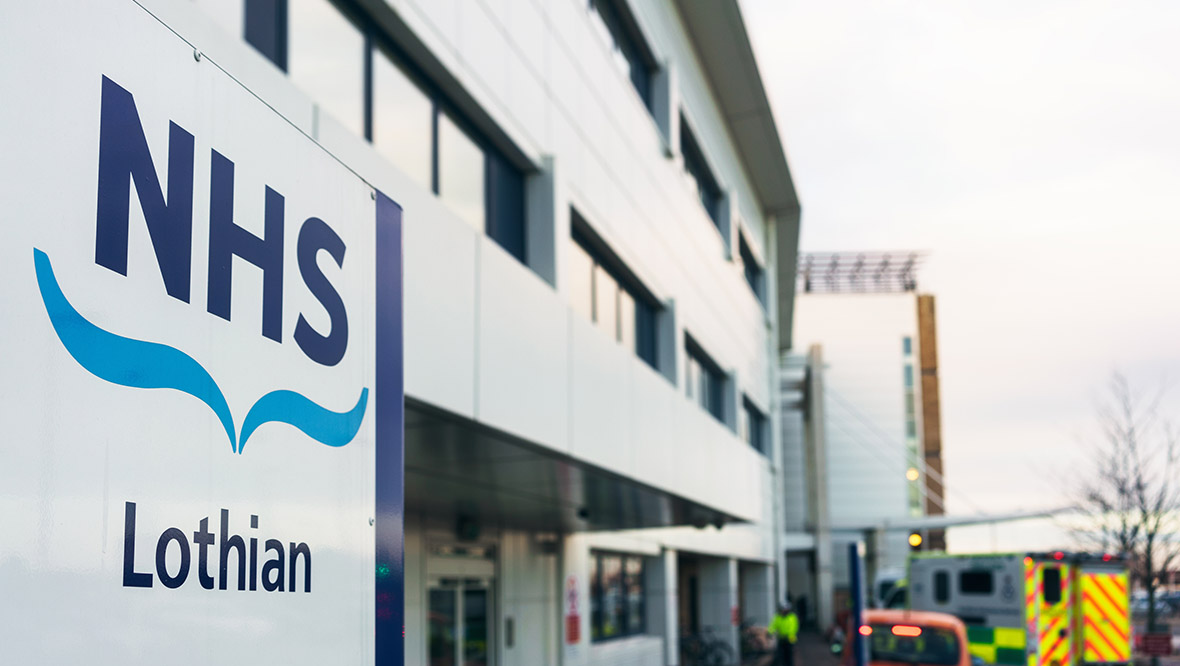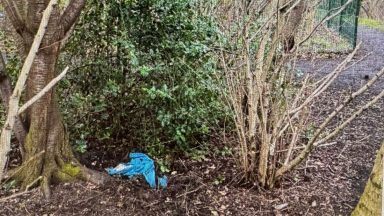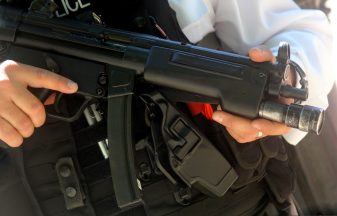Concerns have been raised over staff at a psychiatric hospital seen “focusing” on their phones rather than on patients in Edinburgh.
Healthcare Improvement Scotland (HIS) published a report on inpatient services at the Royal Edinburgh Hospital after an inspection between June 17 and 19 this year.
A review of adult mental health services included inspecting wards, speaking with staff and patients, and reviewing policies and procedures.
The inspection resulted in six areas of good practice, four recommendations and 21 requirements.
The report found the “majority of interview rooms and quiet rooms” were being used to accommodate patients when inspectors visited, despite these rooms having furniture which “presented a ligature risk”.
While hospital workers should have been carrying out “continuous interventions” with patients being cared for in these additional beds, HIS inspectors said the majority of staff were seen “sitting outside the patient’s room”.
A new report for HIS added: “A few of these staff were also observed by inspectors to be focusing on their mobile phones at times.
“In some instances, inspectors observed that the bedroom door and blinds were closed, making it difficult for the member of staff to observe or interact with the patient.”
One concern raised was a lack of approved process to support staff decision-making and a lack of privacy for patients in non-standard care areas.
Another element of the report identified a lack of appropriate fire doors when reviewing fire risk assessments.
An improvement action plan has been developed by NHS Lothian to meet the requirements.
Donna Maclean, chief inspector, Healthcare Improvement Scotland, said: “During our inspection, we saw a good multidisciplinary team working to provide person-centred care and treatment and kind and respectful interactions between staff and patients.
“Staff were open and transparent about the current challenges they face in relation to the use of non-standard care areas throughout the hospital. During our inspection, we raised several concerns with senior managers relating to the care of patients within non-standard care areas.
“We also raised concerns with senior managers around risk assessments, a lack of approved process to support staff decision making, and a lack of privacy for patients in non-standard care areas.
“Issues around unassessed ligature points, environmental challenges and the ability of staff to be able to carry out continuous observations were also highlighted.
“We also raised concerns relating to the fire risk assessments and the lack of appropriate fire doors.
“Several requirements have been given in relation to a lack of effective systems in place to support the delivery of safe care within non-standard care areas. We will return to carry out a follow-up inspection to assess and monitor improvement in response to these concerns.
“Other areas identified for improvement include staff training in areas such as life support and fire safety as well as improving communication with patients and families.”
NHS Lothian said significant work has been ongoing since March to meet “a considerable increase in demand for beds”, which regularly exceeded capacity, and address system pressures.
A detailed improvement plan to address the requirements from the HIS report is also under way.
The health board says that the inspection took place during efforts to meet demand, and while it identified many areas of good practice, it highlighted that further improvements are needed.
Jim Crombie, deputy chief executive for NHS Lothian, said: “We take patient safety extremely seriously and took immediate action to address many of the concerns raised in the report.
“A structured plan to reconfigure wards to add extra permanent beds where needed is almost complete. This will end the use of temporary, non-standard areas and the divert suite, which were set up in response to demand.
“Additional leadership oversight and staff training are in place to improve the quality and consistency of ligature inspections, assessments and observations to further reduce the risk of patient self-harm or suicide.
“We have also recently recruited 97 newly qualified nurses and 30 healthcare support workers. This will allow us to meet increasing service demand and provide more resilience, while significantly reducing the use of bank and agency staff.
“All staff will undergo enhanced training to ensure they are fully compliant in mandatory training, and additional systems are in place to effectively monitor and review this.
“We are committed to providing safe, effective care for patients and ensuring staff are well supported. We are grateful to HIS for their guidance and will continue to work with them and other professional bodies to improve our services.”
Follow STV News on WhatsApp
Scan the QR code on your mobile device for all the latest news from around the country


 iStock
iStock






















